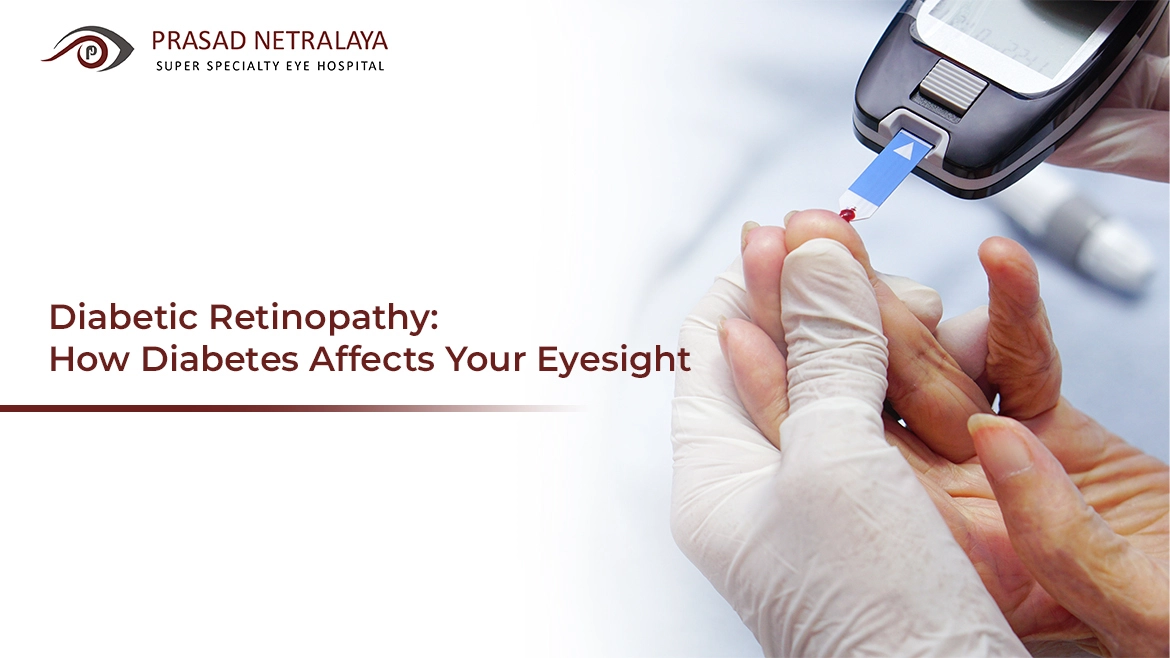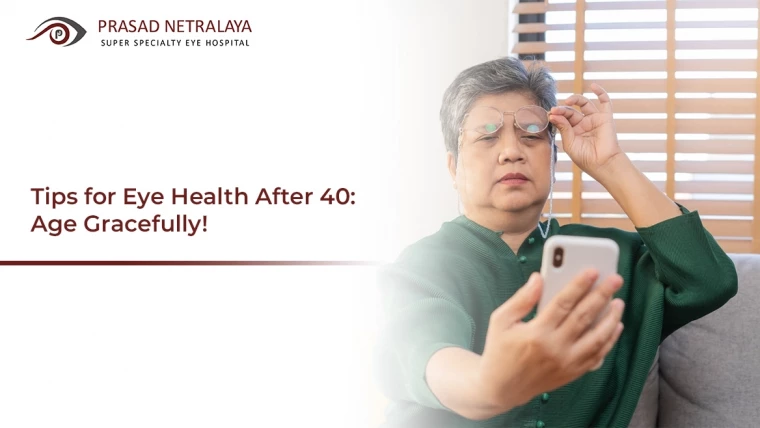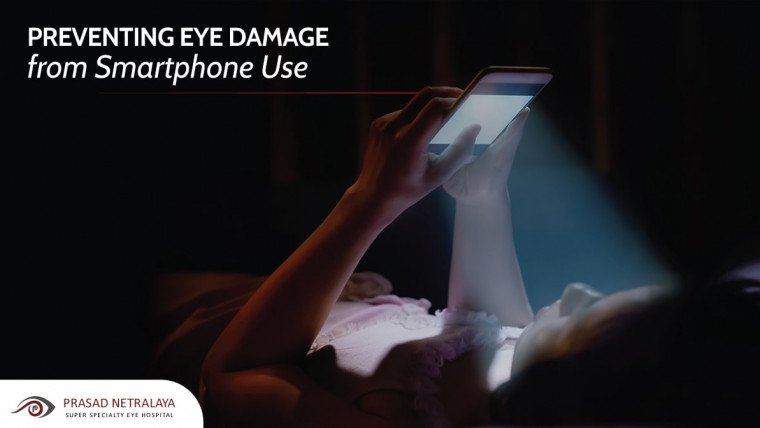Did you know that diabetes doesn’t only affect your heart health but also causes severe vision problems? diabetic eye disease is a health complication of diabetes that can cause significant damage to the retina and even lead to blindness if left untreated.
With over 420 million people worldwide suffering from diabetes, understanding the risks it poses to eye health can help you or a loved one take the right measures.
In this blog, we’ll explore what diabetic eye disease is, its symptoms and diagnosis, the treatment options, and the risk factors associated with it.
Table of Contents
What Is Diabetic Retinopathy?
Diabetic retinopathy is a condition that affects the eyes of people with diabetes. It happens when high blood sugar levels damage the blood vessels in the retina (the part of the eye that senses light).
This damage can cause the vessels to swell, leak, or even close off, which can affect vision. The longer someone has diabetes and the higher their blood sugar levels, the more likely they are to develop diabetic eye disease. If left untreated, it can progress to severe vision impairment or blindness.
Regular eye exams are essential for people with diabetes to detect and manage diabetic eye disease before it causes significant vision problems.
Symptoms of Diabetic Retinopathy
Symptoms of diabetic retinopathy can be subtle, especially in the early stages. However, as the condition progresses, symptoms may include the following:
- Blurry or distorted vision
- Seeing floaters or spots
- Difficulty seeing at night
- Sudden vision loss
- Areas of darkness or blank spots in your vision
Diagnosis of Diabetic Retinopathy
Diabetic retinopathy is diagnosed through a comprehensive eye exam by an ophthalmologist or optometrist. The exam involves dilating the pupils, which allows your doctor to examine the retina at the back of the eye for any abnormalities in the blood vessels.
Specialized imaging techniques such as optical coherence tomography (OCT) can be used to look closely at the retina. Fluorescein angiography may also be used to detect what’s happening in the retina’s blood vessels.
Early detection and treatment of diabetic eye disease can prevent vision loss and blindness.
Treatment Options for Diabetic Retinopathy
Treatment options for diabetic retinopathy aim to repair eye damage and prevent vision loss. The treatment can improve the chances of preserving vision before it is affected. Treatment plans include the following:
- Laser therapy (laser photocoagulation): This creates a scar tissue barrier that slows the growth of new blood vessels.
- VEGF inhibitors: Medicines that can slow down or reverse diabetic retinopathy.
- Vitrectomy: The surgical removal of all or part of the vitreous to treat diabetic eye disease.
- Reattachment of the retina: A treatment option for retinal detachment, which is a complication of diabetic retinopathy.
- Corticosteroids: Anti-inflammatory medication that can be injected to treat diabetic retinopathy.
Risk Factors of Diabetic Retinopathy
Diabetic retinopathy can affect anyone with type 1, type 2, or gestational diabetes (diabetes during pregnancy). The risk of developing diabetic eye disease increases with the duration of diabetes. In addition, these factors can also heighten the risk of developing diabetic eye disease:
- Elevated levels of blood sugar, blood pressure, and cholesterol can increase the risk of developing diabetic retinopathy.
- Smoking is another factor that can further increase the risk of diabetic eye disease.
- The risk of developing diabetic eye disease is significantly higher for pregnant women who have gestational diabetes.
Regular eye exams and good management of diabetes can help reduce the risk of developing diabetic eye disease.
Protect Your Vision from Diabetic Retinopathy: Schedule an Eye Exam Today with Prasad Netralaya
Diabetic retinopathy is a serious complication of diabetes that can lead to vision loss if left untreated. However, it can often be prevented or managed with regular eye exams, diabetes management, and healthy lifestyle habits.
At Prasad Netralaya, we are committed to providing high-quality eye care to patients with diabetic eye disease and other eye conditions. Our experienced eye doctors can evaluate your eye health and develop a personalized treatment plan.
Contact us today to schedule your appointment.



